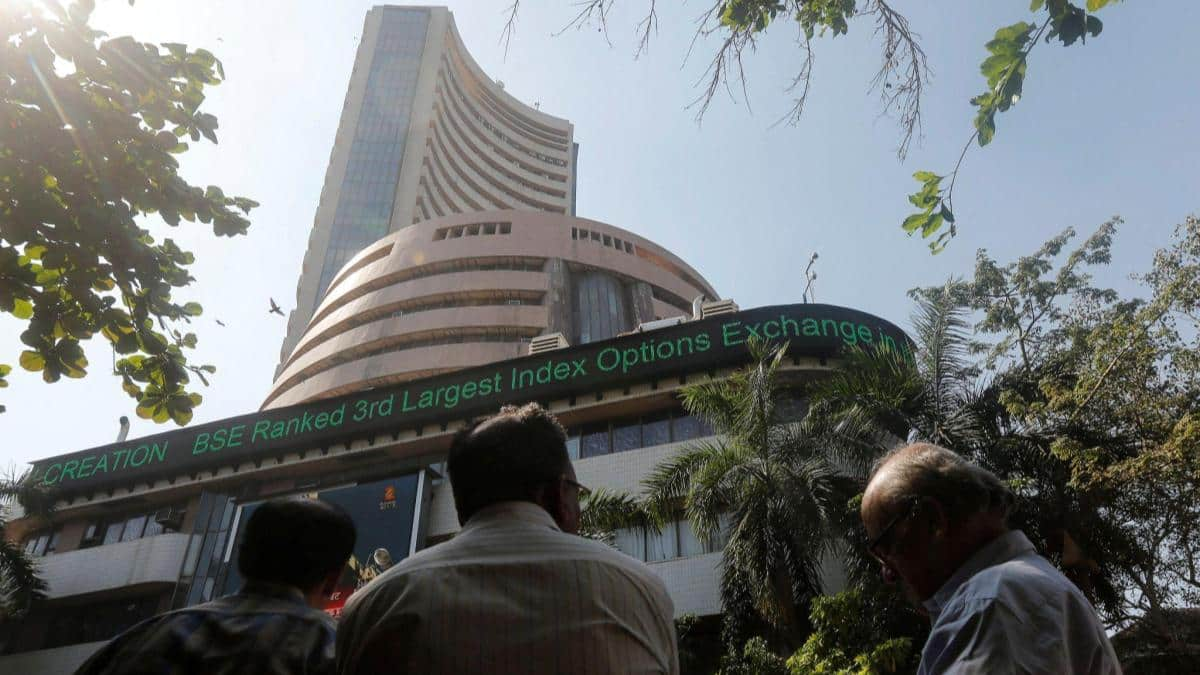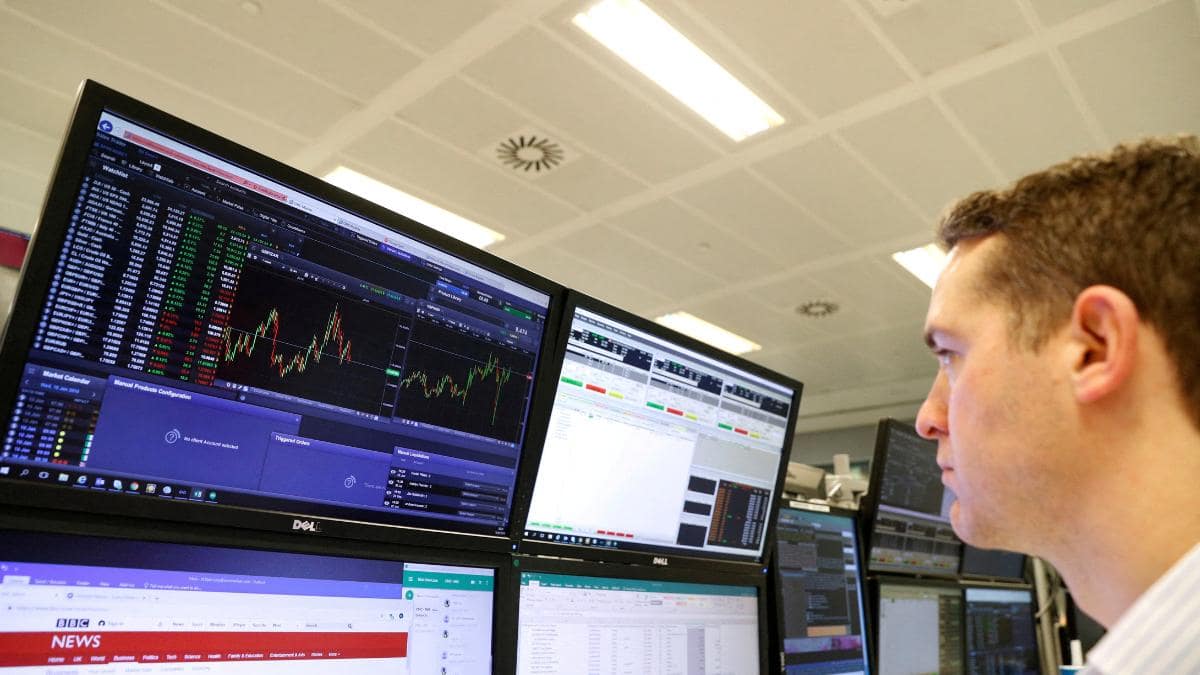FPI basket: Capital goods, auto components find favour; IT, oil & gas bear brunt of global issues

Foreign portfolio investors (FPIs) have been aggressive buyers for the better part of the present calendar year. Between March and August, they pumped in a net $20.6 billion into Indian equities.
A reversal in the trend indicated that foreign investors were seeing value in Indian equities again, given that $16.5 billion were withdrawn in CY22.
Financials are usually the prime pick of foreign investors, but the present year has seen capital goods record maximum net inflows, at $4.2 billion, while auto and auto components rank next with $3.1 billion.
“Capital goods has been a beneficiary thanks to higher government spending and order inflows. The expansion and modernisation of capacity by corporates has also benefited the auto sector, which has shown a secular growth trend. Because of the government’s increased focus on local manufacturing, FPIs are seeing value,” said U R Bhat, co-founder and director of Alphaniti Fintech.
At the same time, the Oil & Gas as well as InfoTech sectors have been major losers, seeing net outflows of $2.74 billion and $1.6 billion, respectively.
Lingering recessionary fears in the US and lack of new projects have hit sentiment in the IT sector, while elevated oil prices have been an impediment of the energy spaces.
According to Bhat, FPIs follow a ‘top-down’ approach, with emerging markets considered ‘high risk’. The extended period of war in the Middle East, Eastern Europe, as well as the US-China tensions will affect flows into EMs, added Bhat.
Financials, on the other hand, have seen net inflows of close to $3 billion. October alone saw the withdrawal of a net $1.4 billion. Experts say the underperformance in financials has been unexpected, despite decent results so far.
“FPIs continue selling in financials despite their impressive Q2 results. In this time of uncertainty, FPIs are looking for the safety of risk-free US bond yields where the 10-year is yielding around 4.64%. Sustained selling by FPIs in financials have made valuations of banking stocks attractive,” said V K Vijayakumar, Chief Investment Strategist at Geojit Financial Services.
Yet, what direction FPIs take from now will depend primarily on the global interest rate scenario, geopolitical situations, and the crude oil prices.
“Defence and renewables have been on strong footing, and so has manufacturing. But the underperformance in banks has been surprising. The higher for longer rates in the US could decide the direction that central banks take, which could be a reason for FPIs reducing positions,” said Andrew Holland, CEO of Avendus Capital.
Both Bhat and Holland agree that FPIs could remain cautious on India before increasing their positions.
According to Holland, China is a relatively cheaper market, and with increased government stimulus, could attract higher flows. Comparatively, Indian valuations are more on the expensive side.
“What we’ve seen so far was a risk-off trade,” added Holland.
The upcoming general elections in 2024 will also be a factor, and foreign investors could wait till the results as they would want to avoid uncertainty, he added.



Leave a Comment